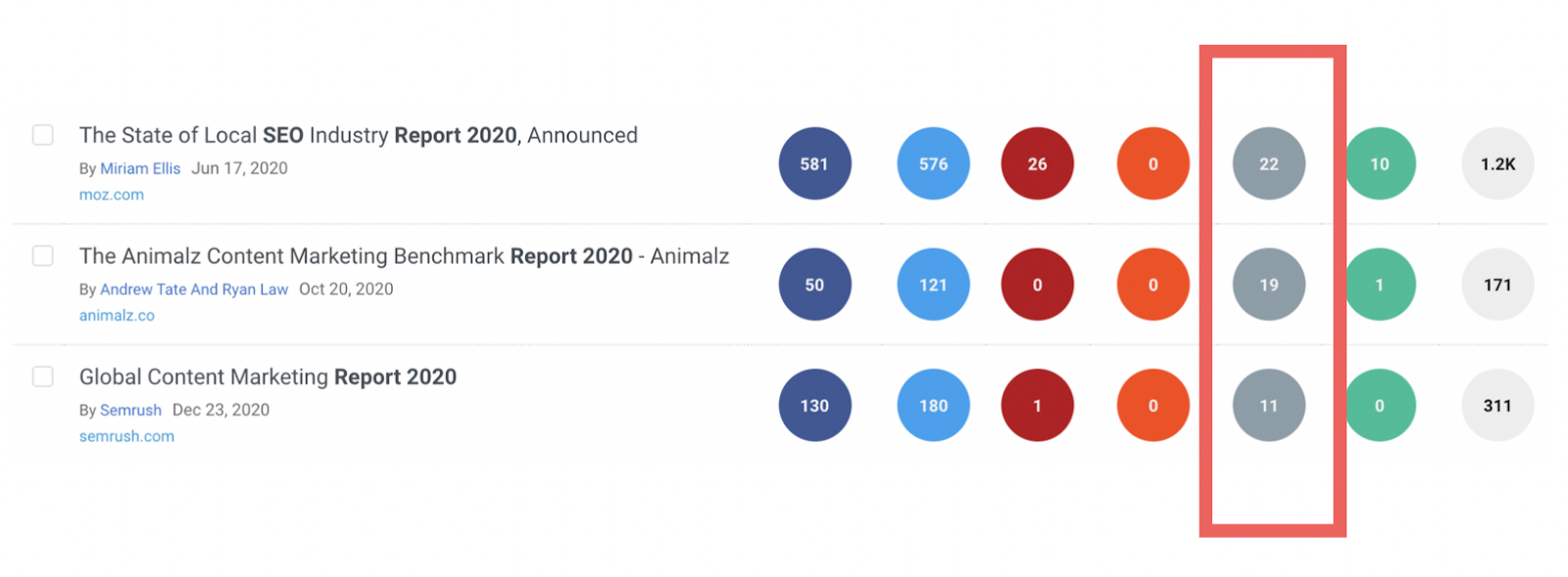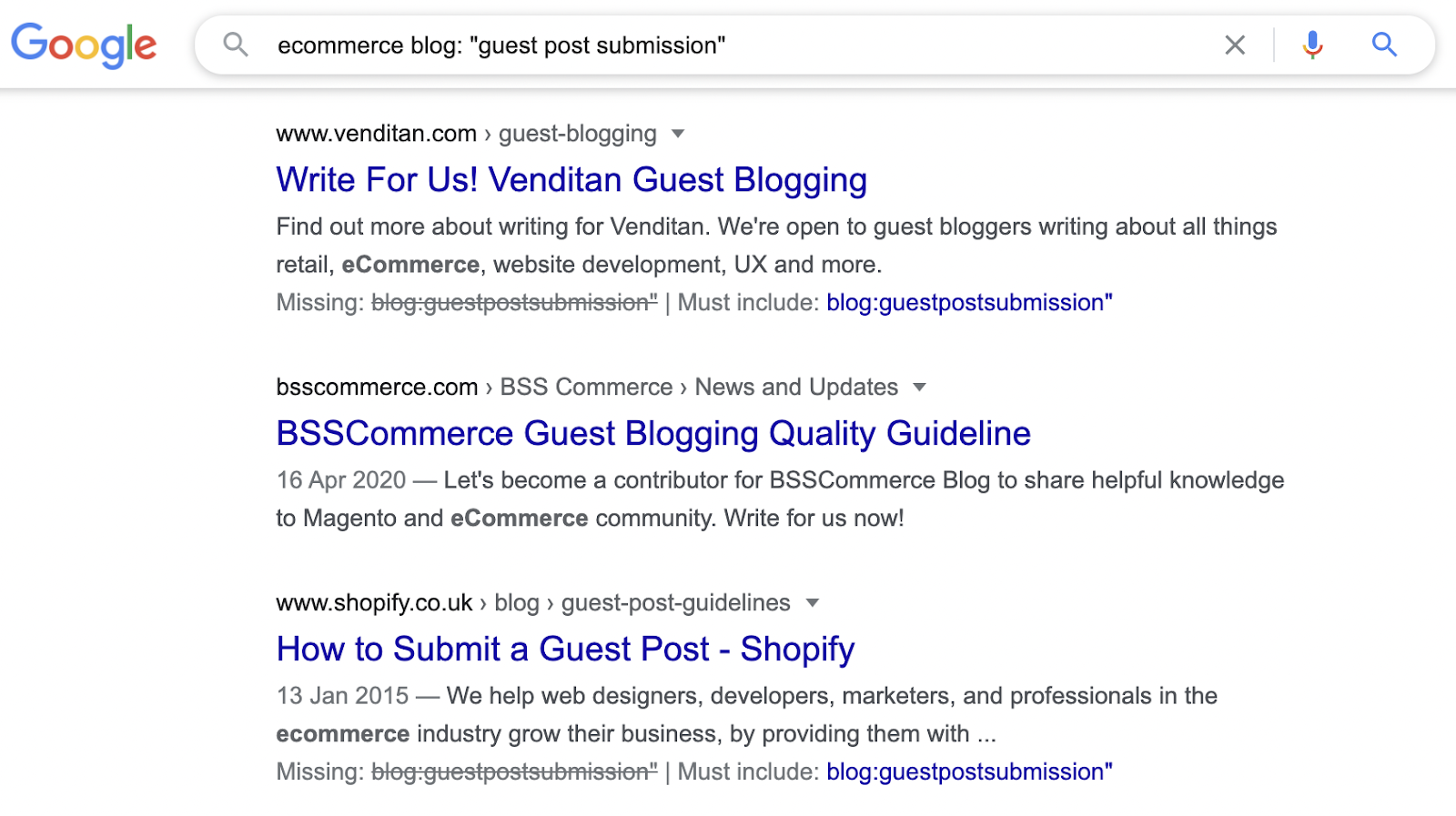Links indicate the relevance and quality of your site to search engines. They basically say, “hey, this site and this site have linked to this other site, so it must be good.”
In fact, they are one of the most important ranking factors, as Google and other search engines rely on references in the form of links to decide whether a site is worthy of a good ranking.
And the maths is simple: the more high-quality backlinks you have, the more relevant and high-quality your site is deemed.
Except that link building has garnered an increasingly bad name for itself.
In the early 2010s, it was common for brands to have entire pages dedicated to linking to their “friends” and for people to pay for links just to boost their search engine ranking.
It was a costly game, more so because the more money you had, the more likely it was that you would rank.
This is no longer the case.
How Can I Get More Backlinks?
Asking yourself the above question? You’re not alone, especially if you're lacking in the budget department!
Luckily for you (and for everyone who grew wary of blackhat linking methods), it’s now a violation of Google’s Webmaster Guidelines to buy and sell links. The only way to do it right is to do it for free.
But where do you start? We’ve pulled together some of the best ways you can get high quality links pointing at your site without spending a single penny.
1. Jump On 404 Errors
Have you ever been absorbed in an awesome piece of content, clicked on a referring link within the piece, and ended up on an Error 404 page?
This happens a lot: website owners change blog URLs, move the hierarchy of their site around, and delete pages, which means that any links pointing to them are immediately rendered pointless.
Until you swoop in and steal the glory.
If you come across a 404 page in your industry, instead of ignoring it, contact the website owner and suggest a piece of your own content to replace it.
Not only are you doing them a favour, but you’ll gain a free link in the process.
2. Conduct and Publish Primary Research
Everyone loves a good report - not least because they can generate a flurry of quality backlinks.
Check out the stats below:

The highlighted column is the number of links each piece has pointing to it. It’s the reason why many big-name brands produce a yearly industry report - not just to remain a thought leader, but to accumulate a collection of backlinks.
Primary research can be done in a variety of ways. It doesn’t have to be a huge undertaking, instead you can simply:
- Create a survey and publish the data
- Speak to a handful of customers and report the qualitative results
- Analyse a number of brands in your industry and pick apart something they do
Once you’ve published your report or research, reach out to publications in your industry that might be interested in sharing it.
3. Put Together Content Roundups
We’ve all seen those posts that bring together tens - or even hundreds - of industry expert opinions.
They often run with headlines like “12 experts share the future of the ecommerce industry” or “we asked 20 marketing experts for their top performing channels”.
While they’re incredibly insightful - having that many high-powered opinions in one piece is always going to be valuable - they’re also a great way to generate backlinks.
 An example of an expert roundup post in the ecommerce industry.
An example of an expert roundup post in the ecommerce industry.
Even better, it doesn’t have to be experts you include either.
You can publish a roundup of top industry tools or the best brands in the business.
And, when you’ve published the piece, reach out to everyone you’ve included or mentioned and encourage them to share the post on their social channels and their own websites.
4. Guest Post on High Authority Blogs
This list wouldn’t be complete with mentioning guest blogging.
Sure, it might be the most time-consuming method, but it’s often the most powerful - especially if you can land a spot on the big names in your industry.
The key is to cherry pick the sites you post on to get the best quality link juice pointing back to your site. You probably already have a handful of sites on your radar, but you can expand that list with a quick Google search:

Simply enter your industry and “guest post submission” or “write for us” to find sites that actively accept guest posts.
Once you’ve identified a site:
- Read the guidelines thoroughly
- Think up a topic that’s highly relevant and valuable to their audience
- Create an excellent piece
- Link to your site either within the piece if you’re allowed or in your byline
The most guest posts you accumulate, the easier it is to find spots on bigger, higher-quality sites.
5. Create an Infographic
Visual assets are a great link building method.
They can take a bit of time to put together, but there are plenty of free tools available today that make it easy to create things like infographics, images, and even memes.
You can use primary research to build out an infographic or use other secondary information to pull together valuable stats that sites in your industry would be interested in sharing.
Once you’ve put your infographic together, you can ship it around to relevant sites and encourage them to add it to already-published posts or create new stories around it.

As you can see, these infographics about the pandemic have been linked to many, many times.
Diversify Your Link Portfolio
Getting links from high-quality sites is important to get high-quality link juice, but it’s also crucial that you diversify your link portfolio.
Think about it: an organic piece of content isn’t just going to have links from top-notch sites. It’s also going to be linked to from message boards, lower-quality sites, and social media.
To do this, think of every platform as a linking opportunity, whether it’s Quora, Reddit threads, niche message boards, or comment sections in highly-relevant blogs. When you start to think like this, it becomes far easier to build a backlink portfolio than you might have first thought.
Need help with search engine optimisation (SEO)? Contact our expert team today.

